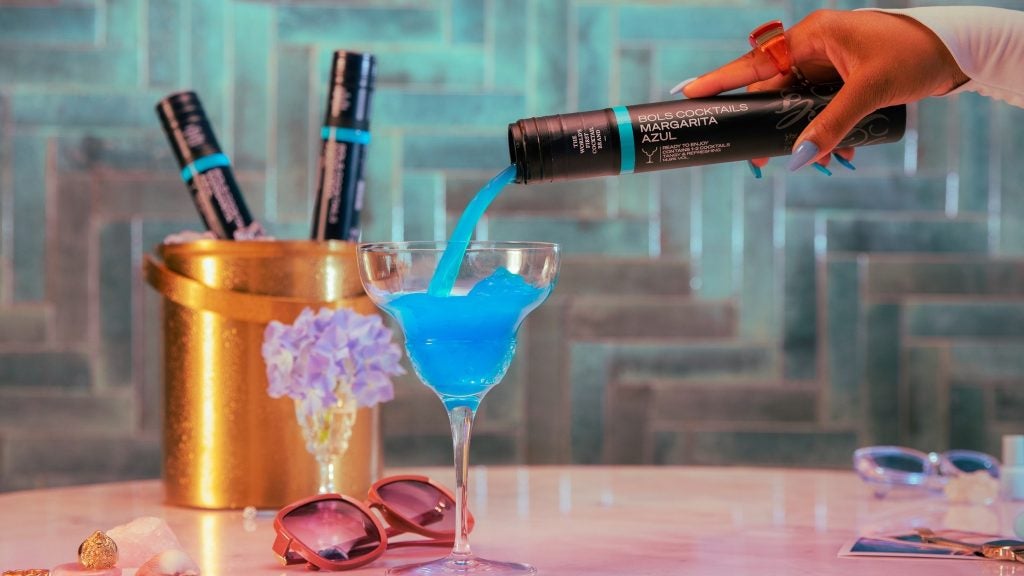The deal
Nolet Group has made a move to buy fellow Dutch distiller Lucas Bols for €269.5m ($284.1m) – a fairly standard revenue multiple (2.7x) for M&A in the food and beverages industry, according to some calculations.
The price Nolet is set to pay represents a premium of around 76% to Lucas Bols’ share price at the close of trading on Friday (6 October),
Ketel One-maker Nolet has been a shareholder of Lucas Bols since its listing in 2015 and already held 29.9% of the company.
Lucas Bols, which will retain its name, brands and current management, will be brought into Nolet Group as “a separate company”, the companies said in a joint statement.
Lucas Bols and Nolet see the transaction as an opportunity to “create a Dutch champion in the global spirits and cocktail market with a strong portfolio of brands, the right focus and strengthened brand investments”.
Lucas Bols’s share price jumped following the announcement, rallying as much as 72% to €17.50.
Why it matters
Lucas Bols generated €100.6m in the financial year ended 31 March, an increase of 9% year over year, while net profits (excluding one-off items) fell from €14.7m to €10.1m. Reported profits swung from €11.8m to a loss of €16.2m.
Nolet believes it is well positioned to support the growth of Lucas Bols’ cocktail brands through “new concepts”, as well as “investment in brand awareness and the route-to-market”. The company also intends to support the development of the Lucas Bols’ regional cocktail and spirit brands into “global cocktail brands”, while aiding the expansion of the company’s no- and low-alcohol cocktail range.
“As Nolet points out, Lucas Bols is gaining a partner with financial power which could open doors to growth that it would be unable to open alone,” David Harris, alcoholic beverages research director at GlobalData, Just Drinks’ parent company, says. Furthermore, Nolet has a track record of developing brands as seen with Ketel One. Bols, while popular, has never managed a mainstream breakout moment and this possibility may have factored into the deal.”
The transaction could boost both distillers. According to Dutch media outlet RTL Nieuws, in 2021 and 2022 two-thirds of Nolet’s turnover derived entirely from Ketel One vodka sales in the US, where it shares the distribution rights with Diageo after a deal struck in 2008.
RTL Nieuws pointed to annual accounts filed with the Dutch Chamber of Commerce show that sales of drinks that are 100% Nolet-owned are loss-making.
In 2022, sales of Ketel One in the US yielded a profit of €56.7m, while Nolet’s own activities generated a loss of €6.7m, the broadcaster said this week.
Diageo has also reported flat sales of Ketel One in its last financial year. It said "growth in the core variant" was offset by a decline in Ketel One Botanicals.
In Lucas Bols, Nolet will gain a fresh portfolio of brands across the cocktail and RTD segments. Bols’s portfolio of RTDs includes cocktails such as pornstar martinis, espresso martinis, red light negronis and margarita azuls.
“While neither Nolet nor Lucal Bols currently holds a strong position in RTDs, there is an opportunity there,” says Harris. “Lucas Bols holds a strong position in the Netherlands, and with a strong, known spirits portfolio in this market, provides a healthy base to launch trademark-extension RTDs from.”
He adds: “Lucas Bols’ Passoã liqueur is also another interesting brand on the verge of mainstream success. And Nolet will be viewing it as an opportunity brand due to the ongoing popularity of cocktails.”
In an interview with Pymnts earlier this month, Gilles Bensabeur, marketing director at Lucas Bols, noted the strong evolution in the RTD category – moving from large units of low-quality, pre-mixed cocktails to demand for smaller-sized, more premium drinks.
Our signals coverage is powered by GlobalData’s Thematic Engine, which tags millions of data items across six alternative datasets — patents, jobs, deals, company filings, social media mentions and news — to themes, sectors and companies. These signals enhance our predictive capabilities, helping us to identify the most disruptive threats across each of the sectors we cover and the companies best placed to succeed.









